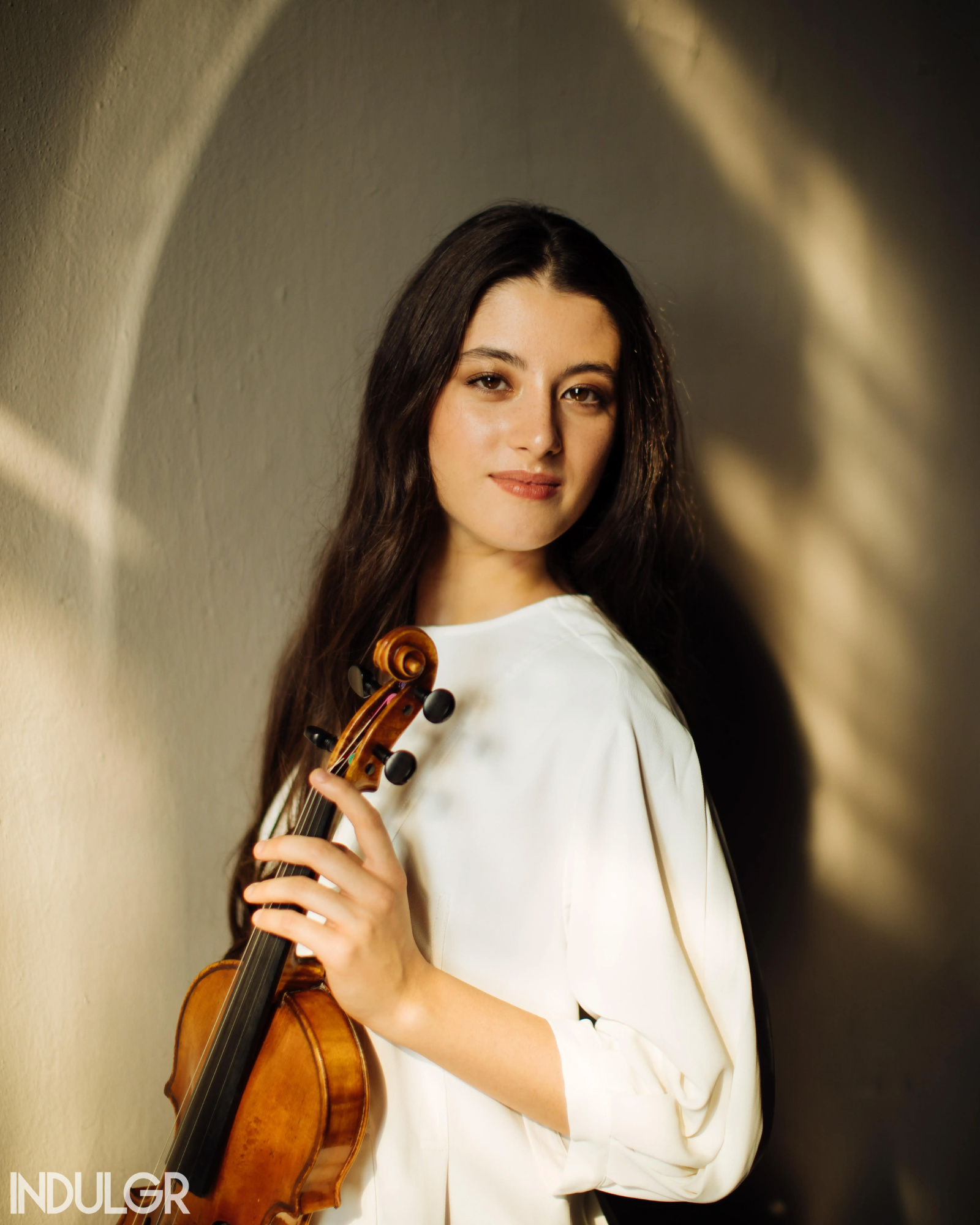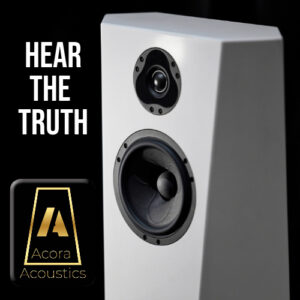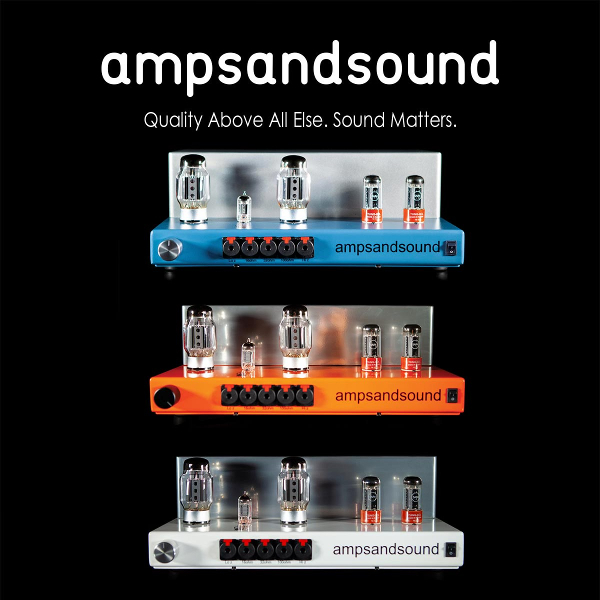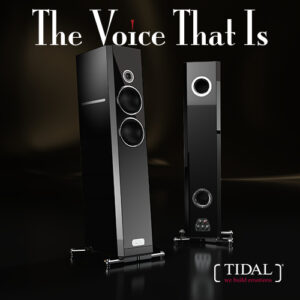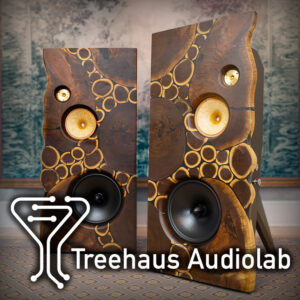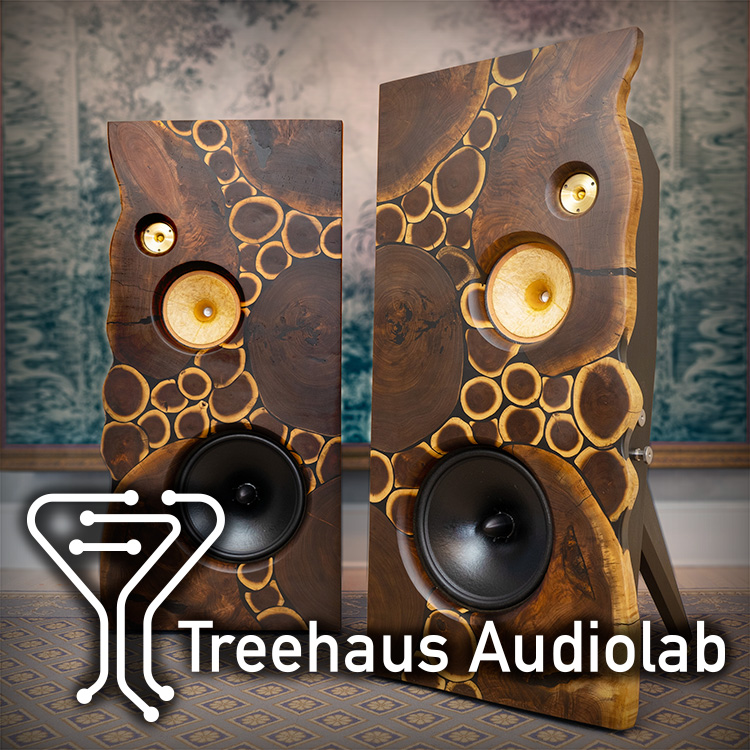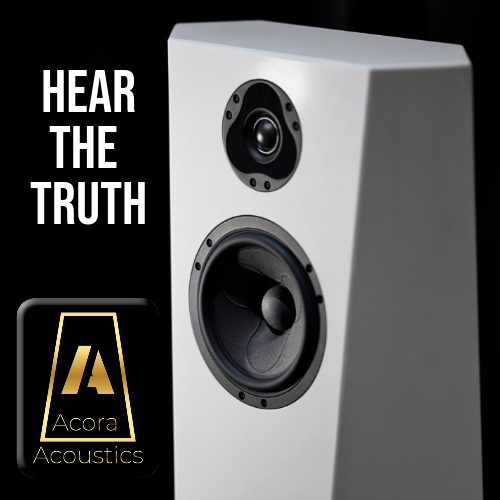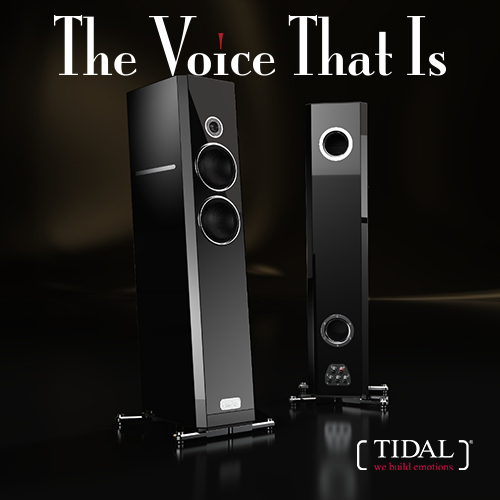Fresh off the heels of her turning the classical world on its head with a bold interpretation of the ‘Beethoven violin concerto’ style in ‘Beethoven & Beyond’, Spanish violinist and composer María Dueñas reaches further into her bag of tricks to unleash on the classical world something foundational and breathtakingly original with her latest work, Homage 1770, available on Deutsche Grammophon.
Reporting by Eric Franklin Shook
This new release marks two podium finishes for María Dueñas in less than a year’s time. Her latest recording Homage 1770 comes as a follow-up to the cadenzas she composed for her critically acclaimed debut album, Beethoven & Beyond, released earlier in 2023. María Dueñas is an awarded musician and student of the world-renowned professor Boris Kuschnir at the Music and Arts University of Vienna.
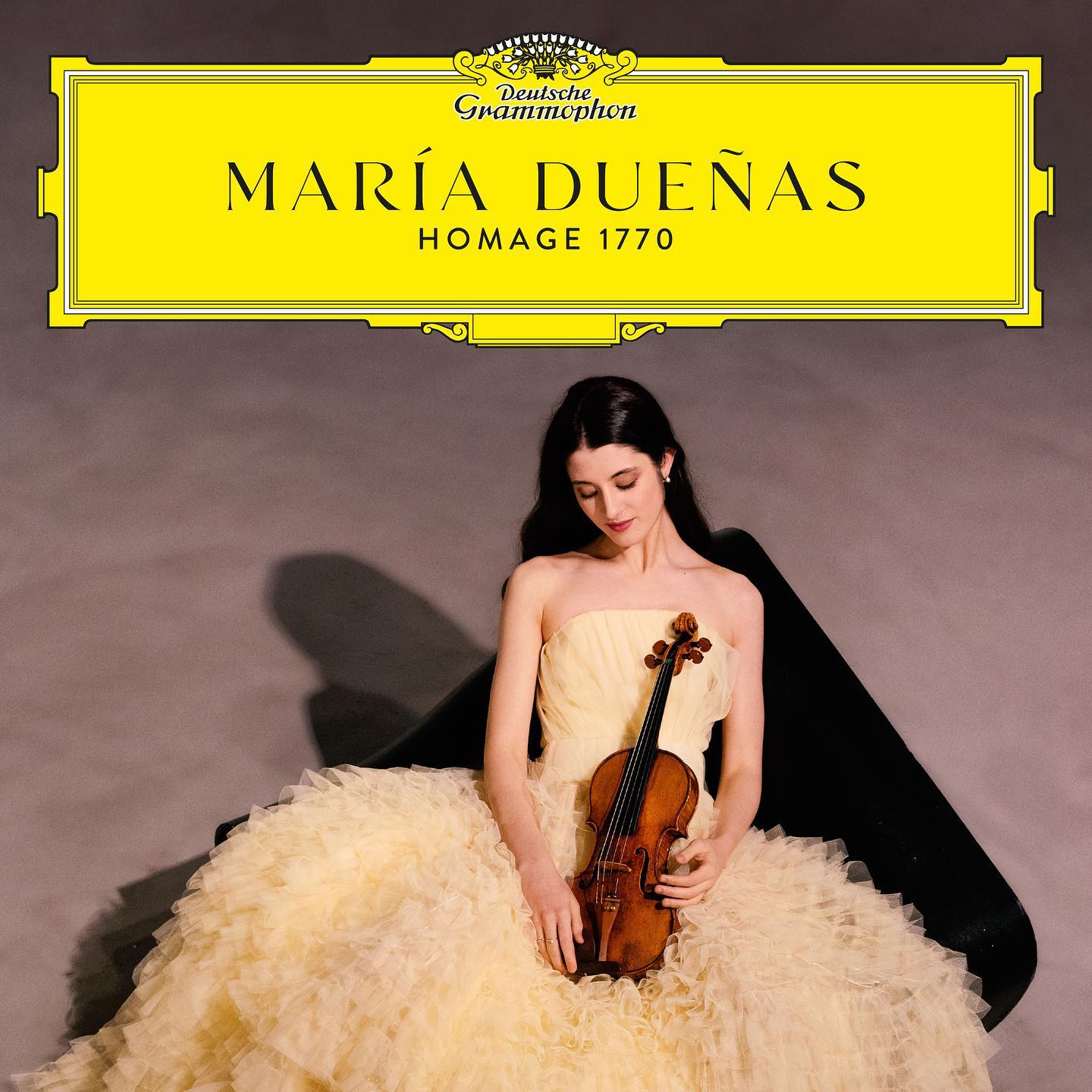
With a Qobuz link in hand, I approached our own Grover Neville with the unheard Homage 1770 recording, asking for a cold-read after a few quick listens. Despite being blindsided by my requests, Grover still had much to say about María Dueñas, the recording, where it stands in contrast to the original works that inspired its creation, and its place alongside contemporary works that share inspiration from the same Beethoven repertoire.
Commentary from Grover Neville
“It’s clear that there’s DNA shared with her self-composed cadenzas for the Beethoven violin concerto in ‘Beethoven & Beyond’ (also on Deutsche Grammophon) and in the tradition of many a great prodigy instrumentalist-cum-composer, María Dueñas shows off some dazzling theatrics. Notwithstanding, in Homage 1770 she shows a remarkable sense of restraint—nothing is done purely for show, and unlike many contemporary artists looking back to Baroque beginnings—or forward to post Schoenberg and Stokowski interpretations of the early romantic era—María Dueñas has two feet firmly planted in the common practice method of Beethoven.
Tone, runs, and structure are more characteristic of Beethoven than later schmaltzy Brahmsian–inflected works, but less frivolous than Mozart. Homage 1770 is the sound of a composer pushing lighter, more nimble instruments to within an inch of their lives. Dueñas is making a statement as more than a violinist, but as an artist: saying clearly ‘I know the material, I know the context, and I love it’ without flinching.”
Grover Neville is a graduate of the Oberlin Conservatory of Music where he studied music. He’s done research in the fields of Auditory Cognition, Psychoacoustics, and Experimental Hydrophone Design and has worked as mixing and mastering engineer, working in music genres such as Avant-garde Classical and Jazz. He works in the music industry from his home in Los Angeles, and is actively pursuing a career as an independent musician, composer, and producer. He is also a co-founder of INDULGR magazine.
“You can’t rely on virtuosity in Beethoven’s concerto; you have to reveal yourself,” —María Dueñas
It’s true, the entire editorial staff of INDULGR magazine identifies as audiophiles, and certainly we do enjoy the sound quality of Dueñas’ recordings, but would be terribly remiss if we didn’t say as musicians too that we’ve also been overjoyed with her compositional bravery, mastery of the violin that she’s dedicated herself to, and talent used so eloquently to give her compositions life and prime example.
For myself, María Dueñas’ recordings mark a defining moment in classical music history where all should take note of its arrival. Along with our confidence that Homage 1770 will take its place in music history, it’s certain that Dueñas’ recordings have already taken several places in our INDULGR Audiophile Playlist, found on the Qobuz music streaming platform.
As well and to be noted, we continually curate and register several playlists on Qobuz, each of which can be found simply by searching for the key term: indulgr. Do give them an audition and tell us what you think.
www.mariaduenasviolin.com
www.instagram.com/mariaduenasviolin
About the Author
as it concerns classical music
Eric Franklin Shook spent half of a semester at the University of Southern North Dakota at Hoople, under the tutelage of “professor” Peter Schickele. There he dabbled in the works of lesser known composer P. D. Q. Bach, the twenty-first of Johann‘s known twenty children. While at Hoople, Eric received a ‘certificate of participation’ in first aid medicine and was strongly urged by faculty to leave the music department altogether, and instead take up study in the field of forensic pathology where no further harm could be done.
